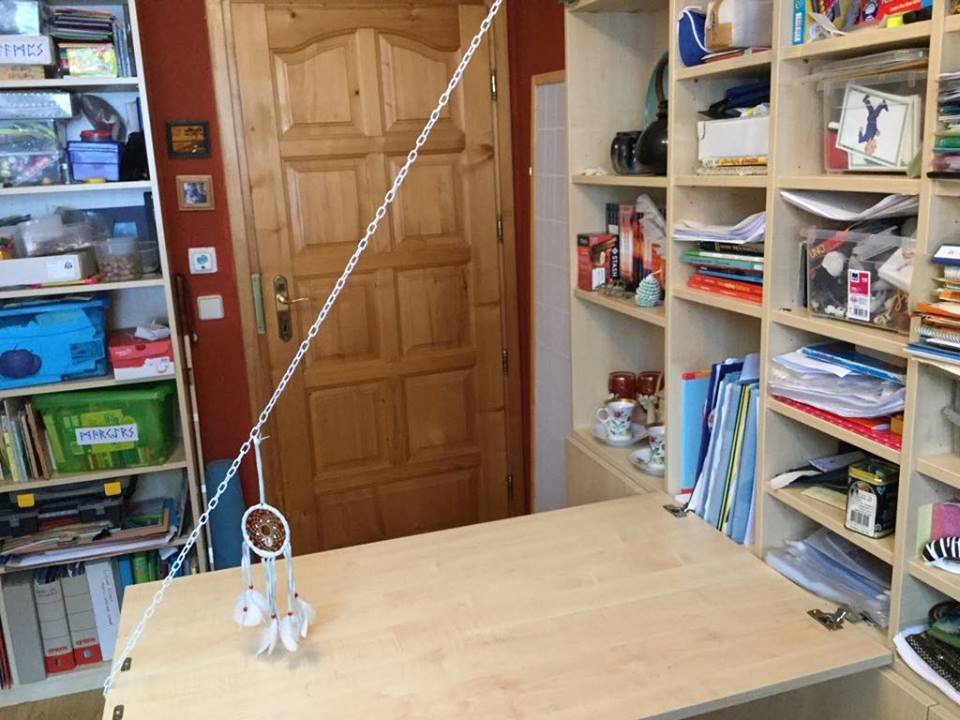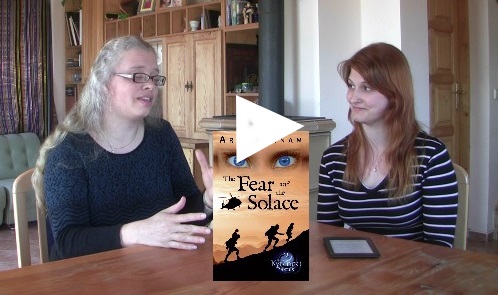Taking action: With and without empowerment
/I’m going to level with you. The last couple of years have been really, really tough. Even if you aren’t very close to me personally, you’ve probably noticed, if you somehow managed to keep reading my blog.
I will say this for myself. I kept posting. But it was rough and I know a lot of my posts have been less than uplifting recently. That’s how it goes when life is throwing heavy crap at you and you’re the honest type.
a hand reaching for an illusive light - Creative commons image by gabriel rojas hruska
But I now have the possibility to come back to writing more than just a blog. And for me that means light is coming back into my life. I can’t guarantee it will stay. My newly stabilized situation is held together by metaphorical spit and duct-tape, but I’ll take any chance I can get.
In fact, I have already resurrected one of my old book-length writing projects, blown the cyber dust off of it and sent it out to a couple of beta readers.
Yikes! That was invigorating! (Along the lines of how jumping into an icy winter lake is invigorating.)
I didn’t previously know either of these beta readers and I got a lot of hot and heavy criticism, which I fully appreciate and intend to use for improvement. My friends are often too nice about this kind of thing.
Friends, I do understand. Not only is it easier to critique a stranger—who you are unlikely to have to comfort through the resulting existential writer’s depression—but most of my friends also share a good deal of my background and worldview. In short, we have a lot of the same assumptions and even prejudices.
The story in question is a memoir about how I got into international journalism as a 20-something and lived and worked in more than 30 countries. And it necessarily (from my perspective) starts with the fact that I grew up in a shack that lacked an indoor toilet in rural eastern Oregon.
I mean, this is essential character development for the rest of the story, isn’t it? If I had been an adventurous young person from a wealthy, back-east family of intellectuals with connections to the newspaper business and high society, the basic events might have been marginally similar, but the story would have been utterly different.
And for that very reason, it appears that I have a great deal of trouble describing my background in a way that is both palatable and believable to people of the middle-to-upper class American persuasion. My critique partners both found these sections baffling and unsatisfying, despite the fact that I actually thought I was being “funny” with self-deprecating humor.
The most basic example from one of the beta readers came in the section where I described meeting a group of American exchange students bound for Germany. We were all around sixteen years of age and all Americans and all white. But my difference in background was obvious.
They were all from wealthy families and from big cities. Their luggage matched. Their clothes matched. They all shared social norms and communication styles that I didn’t. They were also all sighted and I couldn’t see their faces.
But these are not differences our society emphasizes. The exchange agency, my fellow students and my beta readers were all bewildered as to why I didn’t fit in.
When I described the confused and cold reactions of the other students to my presence in the group, one beta reader kept text-yelling “But what was YOUR behavior that led to this?!?” Surely, I had to have been behaving oddly to be excluded by this group of nice, upwardly mobile young people.
And I have to hand it to that beta reader for brutal honesty and attention to detail. From my perspective then as well as while writing thirty years on, I did not see anything remarkable about my behavior. But on closer inspection there was.
I didn’t make eye contact. It is physically impossible for me. I didn’t smile hesitantly when others made eye contact. I didn’t give a little smile of recognition to the person who sat next to me at lunch when we later met in passing. When another student went out of her way to hand me a hard-to-reach book, I thanked her, but I didn’t respond to her with the extra warmth that context would imply when I met her later, BECAUSE I couldn’t see her face and thus didn’t recognize her.
And those are just a few of the vision impairment related “behaviors” I no doubt displayed. Honestly, I was stung by the beta reader’s insistent comments that the issue had to be my behavior. On first reading the comments, I felt sure this was unjust.
I had been kind and friendly to my fellow students. I had greeted them cheerily and continued to do so, even as their attitude toward me soured. I had passed books to others. I had helped a fellow student pick up her things when her hands were full and her purse spilled. I went out of my way to try to ask them about themselves and respond with acceptance and positivity. Shouldn’t that be enough?
Maybe it should. But that is irrelevant to a beta reader. A beta reader looks for the believability and relatability in a text narrative. She does not represent some ideal of justice and fairness. She represents a regular reader who doesn’t know about vision impairments and who also happened to come from a background much more similar to that of those other students than to mine. My perspective is foreign and incomprehensible to her without a great deal of context.
If I want readers like her to be able to believe and empathize with me as a sixteen-year-old trying to win acceptance among a group of exchange students from wealthy and privileged backgrounds, I really do have to show how my behavior was different. I would have to break it down with a lot of words and description.
I’m not necessarily saying I will do that when I edit my story. But I am taking it into account as a factor in how some readers will be able to understand my story on a deep, empathetic level. I may choose to sacrifice some of that for the sake of brevity, but thanks to that beta reader, I’ll do so consciously, rather than obliviously.
This beta reader also expressed that I “should have taken action” to improve my situation at the time. And here context comes up again. How exactly could the visually impaired and socially underrepresented student in this story take action to become less excluded?
I couldn’t magically see other people’s faces. I didn’t even realize at the time that that was a big part of my social problems, so I couldn’t explain it to them in hopes that they’d be understanding. Likewise, I couldn’t magically gain knowledge about the social norms of urban elites. I was also largely unconscious of those issues, as were my fellow students.
Thinking about this has led me to an understanding of how empowerment or lack there of affects an individual’s ability to “take action.”
My second beta reader wondered why I didn’t “take action” to get into the newspaper industry more effectively later in the story. I was doing literally everything in “the book.” The book is Writer’s Market, an annual listing of how and to whom writers can market their work. It’s the outsider’s guide to getting into the publishing and print media industries. Everything an outsider can do—from query letters to conference stalking and from agent hunting to exposure swapping—is in that book. And I did all that.
What I didn’t do was the Hollywood type things. I didn’t get a job as a waitress at the place where a top newspaper editor eats lunch and then strike up a friendship with him. I also didn’t do the realistic things that most people in the business did to get in the door. I didn’t call up my uncle or my uncle’s friend in the business and get an entry level job, because I didn’t have any relatives or friends in the business.
Empowerment makes for action. If you have the basic materials or conditions, action isn’t inevitable but it is feasible. In other words, you still have to work for success, even when you’re privileged, but taking action follows empowerment.
We don’t always realize how empowered we are, of course. Much of my life in rural eastern Oregon today revolves around trying to get rides or set up rides for my kids. After years living in a country with a dense public transportation system, I find this limiting and frustrating. Not being able to drive is a much bigger deal here, and other than the online world, most actions I might want to take to improve my own life or that of my children require transportation in a vehicle.
And yet, I sometimes do find ways around it. I find ways to work with medical transportation services. I network. I offer what I have in exchange.
To modify a phrase, knowledge is often empowerment. Had I known more about social class and vision when I was sixteen, it is possible that I could have navigated groups of teenagers better. Certainly, if I had known the right people or even just the internal structures of newspapers, when I was trying to get into the newspaper business, that would have been a lot easier.
But knowledge still isn’t the same thing as just being in an empowered position. I wouldn’t have needed that knowledge, if I had been part of the in-group already. And I now wouldn’t need detailed knowledge of every type of transportation system, if I could access transportation in the societally supported way—i.e. by driving.
When you look at your own or another person’s situation in terms of whether or not they take action at the right moment, these are key considerations. Are they empowered to take action by the situation, their own limitations or the society they are in? Are they informed?
We often can’t fix these things, but being aware means that we are moving through life consciously, rather than being oblivious.

























